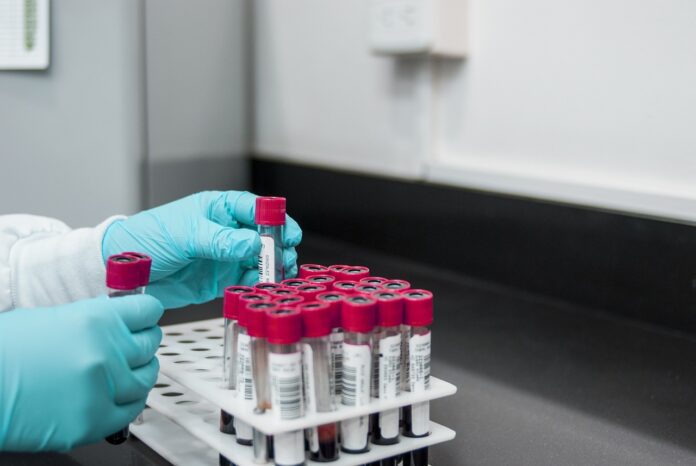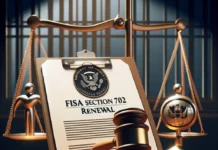The discovery late last year of the illegal biolab in Reedley, California, with ties to China has sparked significant concern and action from various U.S. federal agencies. The House Select Committee on the Chinese Communist Party’s investigation led to the unearthing of this clandestine operation, which involved hazardous chemicals and infectious diseases such as COVID-19, malaria, HIV, and hepatitis.
The Environmental Protection Agency (EPA) has commenced a cleanup operation to mitigate the risks posed by the lab’s contents. Jia Bei Zhu, a Chinese national implicated in the operation, was arrested for manufacturing and distributing misbranded medical devices and making false statements to federal agencies. His activities also included the transport of infectious diseases and the theft of intellectual property from the U.S. and Canada.
The discovery of the unauthorized biolab in Reedley, California, has brought to light the complex challenges that federal agencies like the FBI and CDC face in responding to potential threats from such facilities, especially those with foreign ties. While the response timeline from these agencies was extended, it underscores the evolving nature of national security threats and the need for adaptive strategies to address them effectively. This incident also showcases the significant role that local authorities play in safeguarding national security. Their alertness and timely action in identifying the lab were instrumental in mitigating potential risks. The collaborative effort between local and federal agencies is key in addressing such multifaceted security challenges.
The involvement of foreign entities, particularly those connected to the Chinese government, in unauthorized labs within the U.S., poses a significant national security risk. This incident has led to increased scrutiny of similar operations and the need for thorough investigations to prevent such occurrences in the future.
As the EPA continues its cleanup, questions linger about the presence of other such labs in the U.S. and the extent of foreign involvement. This situation underscores the importance of vigilance and cooperation between local and federal agencies to safeguard national security and public health.
This case is a stark reminder of the complexities and dangers of biosecurity in the modern world. The rapid response and cleanup by the EPA are just the first steps in addressing the immediate danger. However, the incident’s implications for national security, intellectual property rights, and public health safety will likely be subjects of ongoing discussion and policy development.










